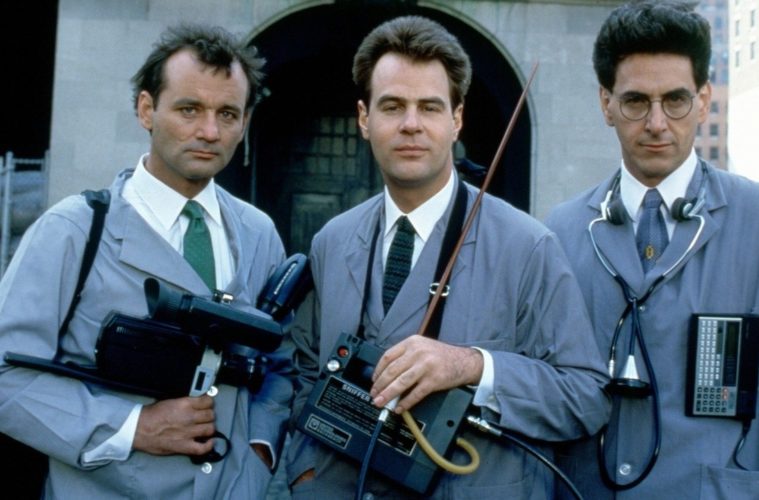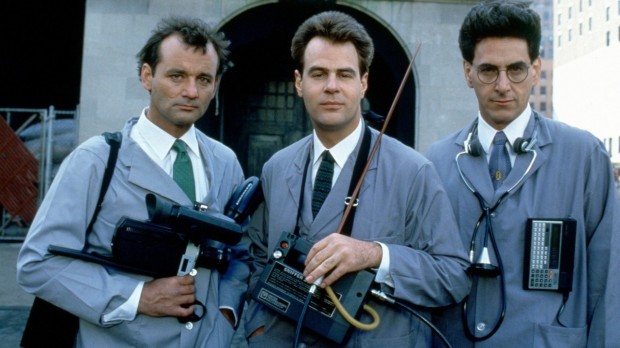Dailies is a round-up of essential film writing, news bits, and other highlights from our colleagues across the Internet — and, occasionally, our own writers. If you’d like to submit a piece for consideration, get in touch with us in the comments below or on Twitter at @TheFilmStage.
At HitFix, Drew McWeeny’s deeply personally look at the power of Boyhood:
This is a movie about the entire messy painful amazing thrilling heartbreaking ride called life, told in a way that makes it unique among narrative features. It is the sort of movie that could only have been made by one person, and that defies easy summary. I can tell you what it is very quickly, but to try to impart the actual experience of watching it… that seems almost confoundingly complex. I have chewed on this review for weeks. I have thrown out entire versions of it. And the real reason I’ve had so much trouble is because I am in a moment of flux unlike any I’ve ever faced before.
Watch the trailer for the 30th anniversary re-release of Ghostbusters, arriving on August 29th:
At New Yorker, Richard Brody on why an auteur is not a brand:
The archetypal auteurs are Alfred Hitchcock and Howard Hawks, directors who worked within the mainstream of the movie business, seeking and often achieving the commercial successes that rendered their work artistically dubious to critics who looked askance at precisely such Hollywood commercialism and the constraints that studio formats entailed. The young critics at Cahiers du Cinéma who formulated the concept of the director as author were even called the Hitchcocko-Hawksians. Those original auteurists weren’t solely obsessed with American filmmakers; they championed the work of such directors as Roberto Rossellini, Max Ophüls, and Jean Renoir at a time when their films were widely derided. But they also made no distinction between directors who worked with big stars on prestigious productions, such as Joseph L. Mankiewicz and Vincente Minnelli, and those who worked on genre films on low budgets, such as Samuel Fuller and Edgar G. Ulmer. Their point was simply that the incidentals of production and marketing ultimately didn’t matter in the face of the transformative power of artistic vision.
Watch Dustin Lance Black‘s scripting process:


